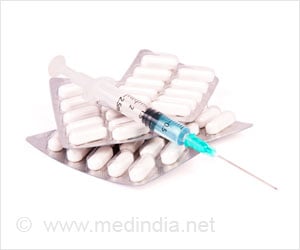
‘Teenagers with conduct and substance use problems are at a higher risk for premature mortality.’
Tweet it Now
"This research makes it clear that youth identified with conduct problems are at extreme risk for premature mortality, beyond that which can be explained by substance use problems, and in critical need of greater resources," said lead author Richard Border from the University of Colorado Boulder in the US. For the study, the team looked at death rates among 1,463 adolescents who had been arrested or referred to counselling for substance use problems or "conduct disorder", a mental health disorder characterized by rule-breaking aggression toward others, property destruction and deceitfulness or thievery.
They also followed 1,399 of the participant's siblings and a control group of 904 adolescents of similar age and demographic background.
With an average follow-up age of 32.7 years, the researchers found that 62 of the original study subjects more than four per cent had died, compared to less than one per cent of the controls.
The team also found that siblings of the study subjects also had higher mortality rates, with about 2.4 percent dying.
Advertisement
When the researchers further analysed the data, they were surprised to discover that while both conduct disorder and substance use severity were associated with increased mortality risk, conduct disorder was a more powerful independent risk factor.
Advertisement
Source-IANS









